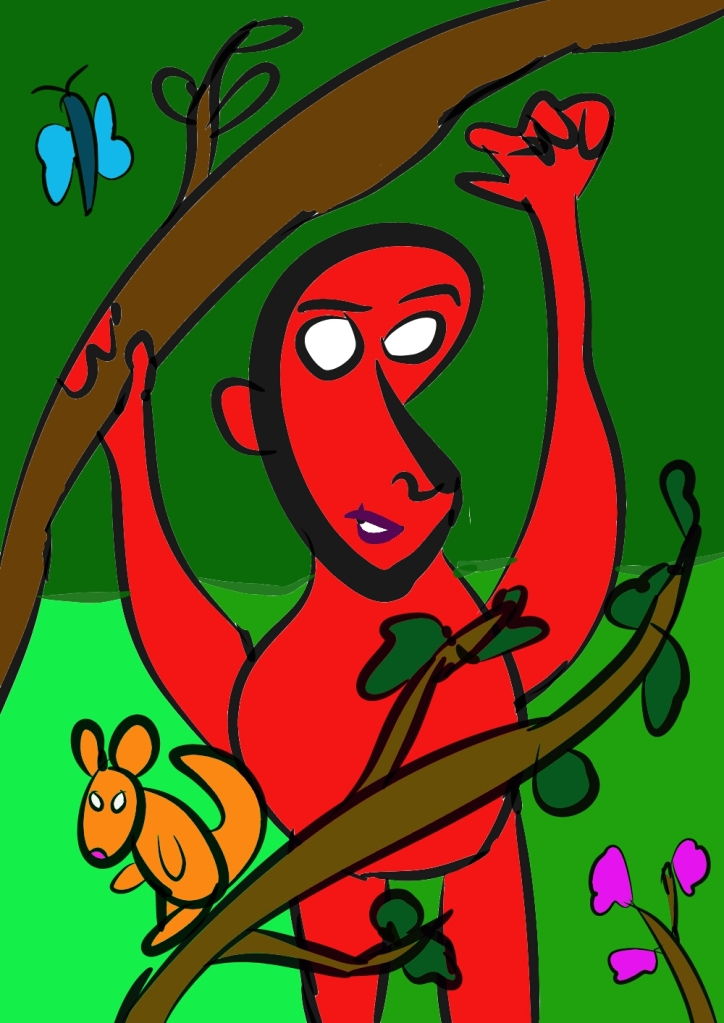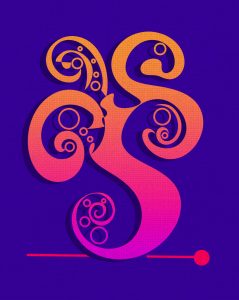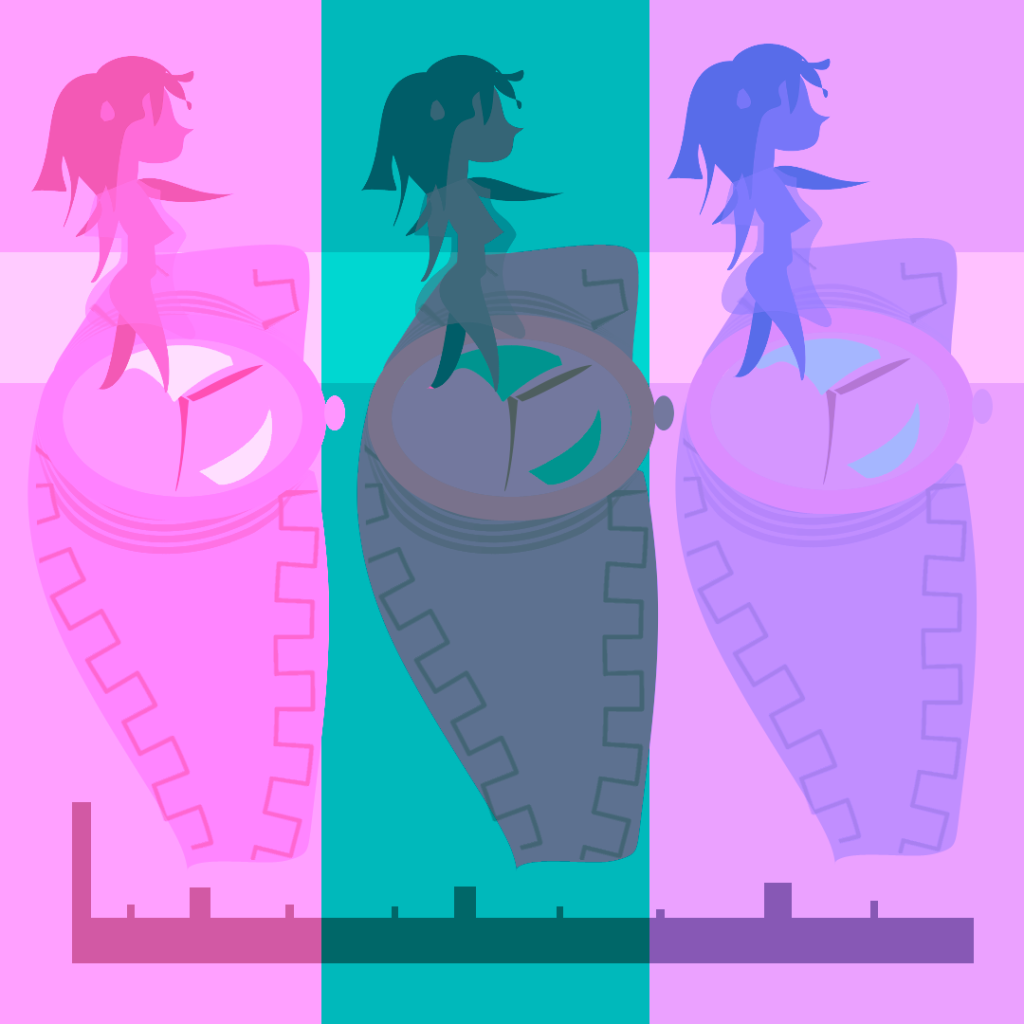09.06.2024

At one time in my life, I had a long term illness. I am talking about years. The people I loved the most had left me. Two of them had died. So, I suffered. I was very sick. Because of the medication and the results of that illness, I put on weight. I would lie in bed until two o’clock in the afternoon. And only get up because my mother made me. I gave up studying, gym, reading, writing. I didn’t bathe or shave. I didn’t care what I looked like or anything else. I didn’t care what anyone thought about me. I had given up hope.
The worst thing was not fitting into my trousers. I love clothes. Now, I was fat. And nothing fit me. The weight and inactivity led to other problems in my legs.
Sometimes, I would daydream about getting back to fitness. I have been known for my muscles throughout my life since I was a teenager because I am naturally muscular. I would daydream about being in the swimming pool again. Running again. Being in work again. I wanted to be myself again. But I never did anything about it.
Mostly, I had nightmares.
I had the lowest view of humankind. I didn’t expect anything from anyone. I didn’t want to meet new people. All they did was disappoint you and betray you.
Hope was gone. How did hope return in my life?
One day, I had a dream. It was one of those dreams where you are actually awake and rational. But you are still caught up in a hallucination. A lucid dream. God – the western god – and the Devil were arguing over my studies.
God said that he did not approve of my studies and that he was happy that I had quit. However, the Devil was my biggest supporter. He was arguing with the Western god for the love of me. He said that I was right. God said that no one would believe me. The Devil said that what I was saying was the truth and that you cannot deny the truth. God said No. The Devil said Yes.
I was trying to make up my mind whether to go or to give up. And then, suddenly, the Devil laughed. And then my mind laughed hysterically. And then the decision was made. Hope had come back. The power came flooding back.
Even though I didn’t exercise at first, all of the weight dropped off. By itself. I have always been naturally thin. My mind came back just like that even though I hadn’t done anything academic for years and years. I completed my PhD and got it published as a book. I started volunteering again. I started having ambitions again.
Inside your mind, you have the biggest supporter. Yourself. The Devil was me. God was the doubter. The Devil is the most noble personality in the Bible – by himself he goes against the powers that are. He is restless for recruits, for the revolution against what is. I am not a Christian. I do not worship the Devil either. But I am for the Revolution.
When you fall, it can be hard getting up. It may seem impossible. But there is something inside that won’t let you stay down. It might take years. But then the lightning will course through your body. And then, one more time, you will believe.
Thank the Devil.


